By Brenda Richardson April 3, 2021
https://money.com/how-to-buy-a-first-home
Just like lockdown orders unleashed panic buying of toilet paper, the pandemic has fueled a feeding frenzy on homes. Unfortunately, some new homeowners wish they had never stocked up.
Record-low mortgage rates, a desire for more space and the sudden shift to remote work have triggered huge demand for homes. Buyers have felt pressure to move fast and spend big, as they’ve come up against the madness of bidding wars and all-cash offers.
About a year after the binge began, some homeowners are feeling remorseful and learning that homeownership can lead to heartbreak if you’re not financially and emotionally prepared.
In a LendEdu survey, 55% of people said they regret taking out a mortgage during the pandemic. A recent article in the Wall Street Journal profiled homebuyers with serious misgivings about their new homes. “I hate this house so much,” declared one woman who spent $600,000 on a place near Los Angeles last August.
But even in today’s competitive market, buyer’s remorse is avoidable. Before making your purchase, consider these common causes of home buying stress and how to prevent them.
Slow your roll before making any moves
As vice president of field mortgage operations for Navy Federal Credit Union in Hyattsville, Md., Kevin Parker has questioned some of the decisions he’s seen borrowers make this year.
“We’re definitely seeing a lot of our members — borrowers in general — applying for preapprovals at the last second for the purpose of getting something in their hands so they can submit an offer very quickly,” he says. At that point, it’s often too late to make the deal happen.
Then, in early March, Parker found himself scrambling for a pre-approval letter of his own. “I saw a property I thought was ideal on a Friday, and then I turned around on Saturday and made an offer on it,” he says. “I became one of those last-minute borrowers.”
He lost out to an all-cash buyer willing to pay 10% over the asking price, but he’ll be more prepared next time. “It’s an emotional process, and so to be turned down, it hurts,” says Parker.
To avoid heartache, Parker recommends getting in contact with a lender for a preapproval early in the search process. Not only does it show sellers that you’re a serious buyer who can close the deal, but it tells you the type and amount of loan you can qualify for.
“Even if you just want to kick the tires, a lot of lenders like us, have ways that you don’t have to do a full credit pull,” he says. “You can do a soft pull or pre-pull just to get an idea where you stand.”
Lower your budget
The housing market has been on a tear in the suburbs surrounding San Francisco. In January, quarantine restlessness and low interest rates sent sales of existing single-family homes soaring 36% in the pricey Bay Area as buyers hunted for bargains.
“Home buying is definitely emotional, so I try to talk people out of writing an offer or pursuing something if they are not ready,” says Caitlin Cintas, a Bay Area agent for brokerage firm Compass. “It’s most important for buyers to feel comfortable that they are making a good decision.”
To avoid feeling swindled, she reminds buyers to factor in property taxes and insurance, and to carefully review the property disclosure form before moving forward with a deal.
To gain an edge in a hot market, many buyers are offering all cash or exceeding the asking price by a few thousand dollars, and some are paying the price of regret. A report from Redfin found that 39% of homes sold above their listing price during the four-week period ending March 21, an all-time high.
Some buyers who want the strongest bid possible in multiple bid situations include an escalation clause in their offers. Such a clause allows them to make an offer under the asking price but also gives them the chance to boost that offer if other buyers bid higher. Sales where multiple offers come in can be a bit confusing anyway, but an escalation clause only heightens the complexity. This could lead to a situation where a frustrated and desperate buyer’s offer goes higher than the home’s appraised value.
“One of the things I tell clients is the Bay Area is pretty crazy right now, so people could be selling in certain neighborhoods at 10% over list price,” says Cintas. If homes are selling at 5% or 10% over the sale price, she says, buyers should consider primarily looking at homes that are 5% to 10% under their maximum budget. That way, even if you have to bid up the price, you’re not going over budget.
“There are going to be many houses out there, so I never want my clients to be in situations where they are going to feel remorseful that they paid too much or they didn’t really think through everything as far as the neighborhood or health of the house,” she says.
Visit before making an offer
A first-time buyer recently reached out to Cintas about a home, but there was no way to see it because the offer deadline was in two hours.
“I had to write an offer sight unseen,” she says. “I just know some seasoned real estate investors have bought multiple homes sight unseen, but with a first-time buyer that’s really tricky.”
Buying a home without setting foot in it can be a risky proposition. Nearly two-thirds of people who bought a home last year made an offer on a property that they hadn’t seen in person, according to a Redfin survey. Unfortunately, for some buyers, the home purchase may not have been all they had bargained for.
While many listings provide virtual tours, those tend to highlight a home’s most desirable features. Many details don’t come across through videos and photos. When you visit a home in person, you might be able to smell cigarette smoke, tell if a room feels drafty or hear traffic from a busy road nearby. The countertops that looked like an expensive granite surface in listing photos could actually be laminate.
If you live far from where you are buying or just can’t make it to the house, make sure to hire a buyer’s agent you trust and ask them to do a FaceTime tour with you. “If we’re together on FaceTime and it smells like dog, I am going to tell you it smells like dog,” says Kathleen Martin, a real estate agent with Speicher Group of Long & Foster Real Estate in Bethesda, Md. who often works with military buyers who can’t visit in person.
Consider a home warranty
In November, Melanie Warner bought a chalet-style home in Oakhurst, Calif., a small mountain community near Yosemite National Park, with the goal of using it as a vacation rental property. But the way things have been going, it seems she could use a vacation day.
“I exceeded my budget by a lot,” says Warner. “I had to put down almost $50,000 between the escrow fees and the down payment to buy the property, and then I have had all these repairs every month that were not budgeted.” She estimates that she’s had to cover at least $2,000 in expenses she didn’t budget for every month.
Warner says she invested in an inspection and an appraisal, and none of the home’s defects showed up. But the first night her family was in the house, they had a close call with the wood-burning fireplace due to creosote buildup within the chimney walls.
“The whole house was filled with smoke,” says Warner. “The fire department had to come out, and we had to pay to have the chimney certified.”
Recent severe thunderstorms didn’t help matters. “It cost me $1,500 to trim one tree and $600 in pressure washing just to clean all the mud on the ground, the benches and everything because of all the storms,” she says.
Although maintenance costs kept piling up, Warner is fortunate to have a home warranty that has provided service, repair or replacement of some of her home’s major systems and appliances. If you’re buying a previously owned home, consider getting a home warranty from a reputable company, especially if your home inspection reveals that several of the home’s appliances and systems are nearing the end of their life span.
READ THE REST HERE: https://money.com/tips-avoid-home-buying-mistakes/


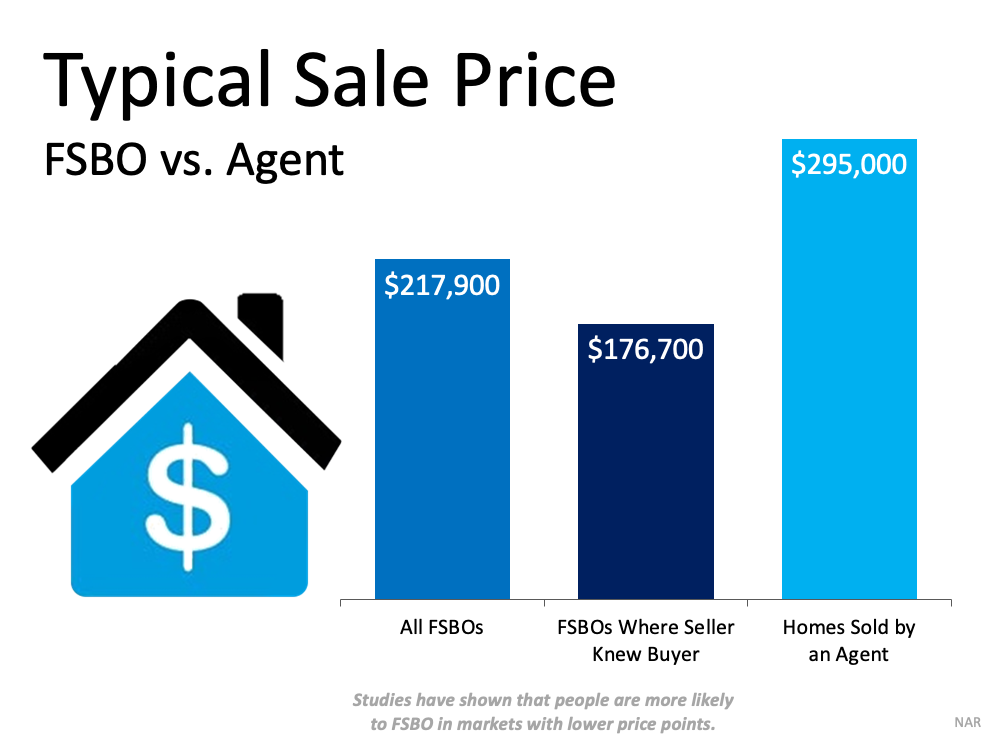


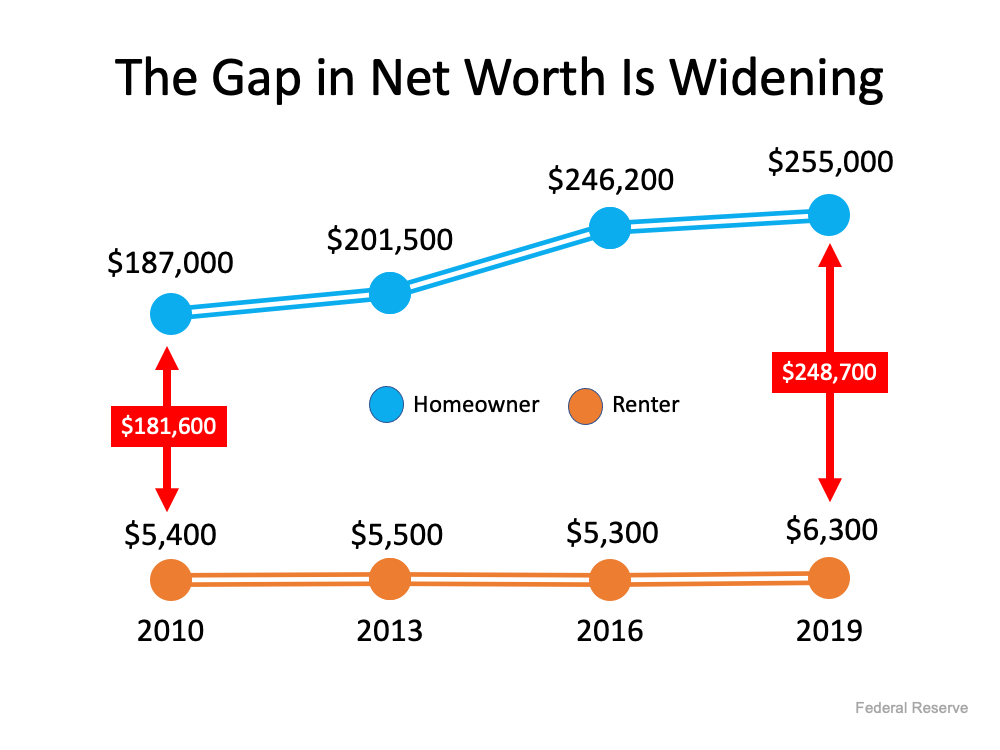
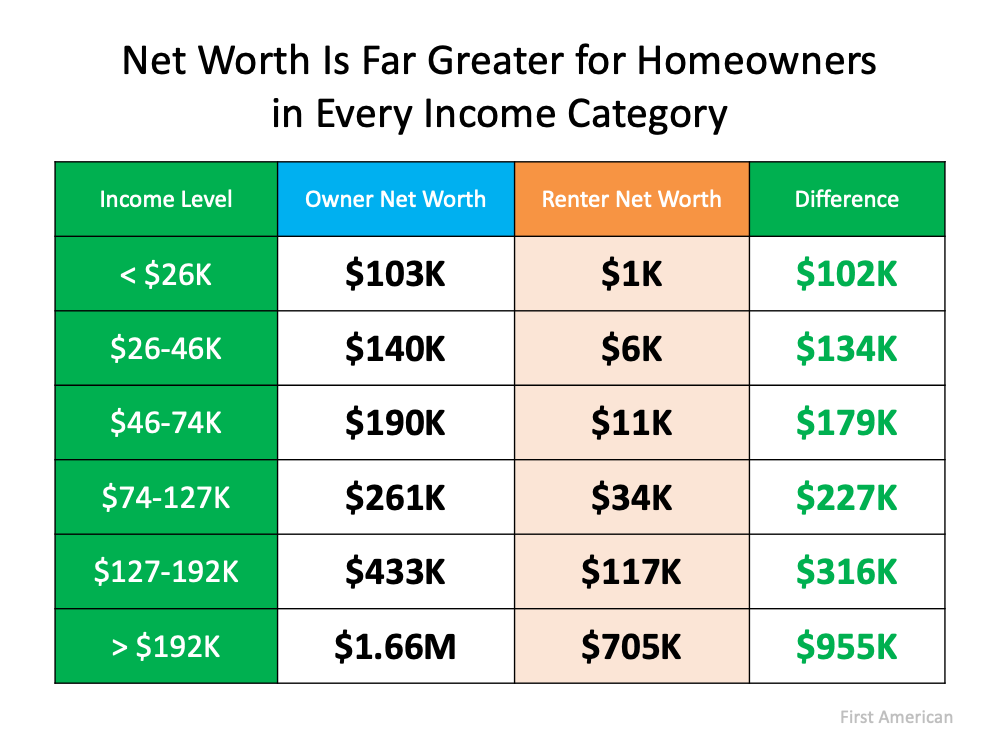

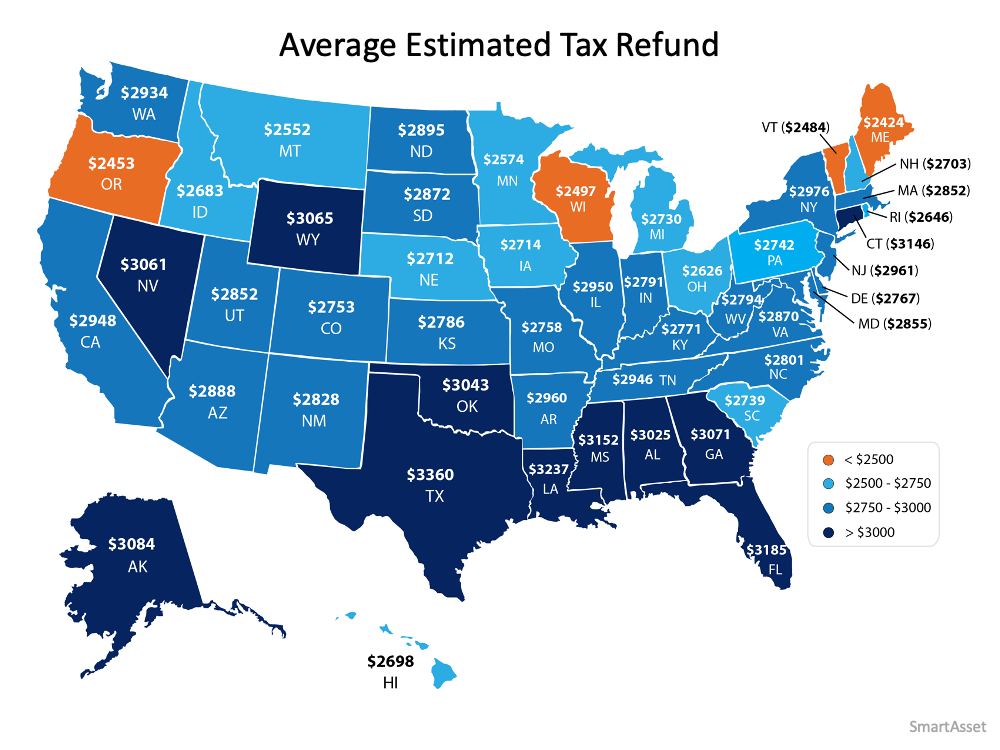
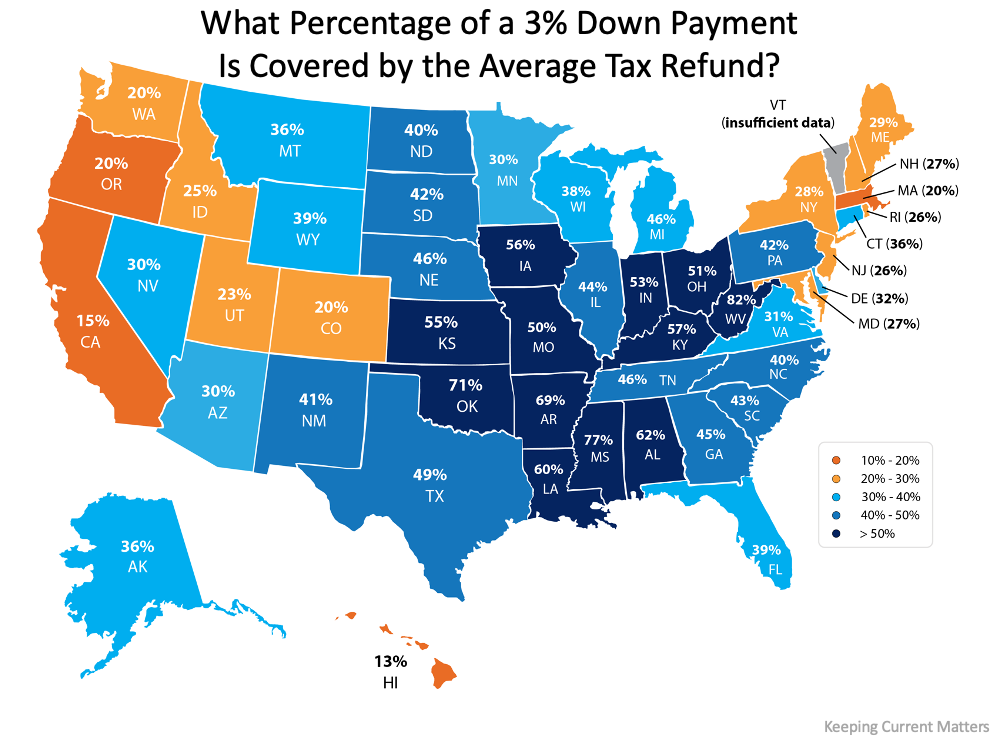
![Buyer Competition Is Good News for Sellers [INFOGRAPHIC] | MyKCM](https://files.mykcm.com/2021/04/01112239/20210402-MEM-1046x2046.png)